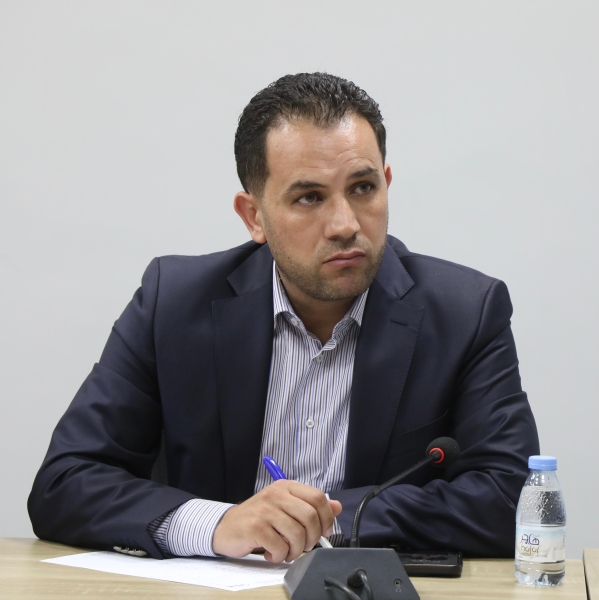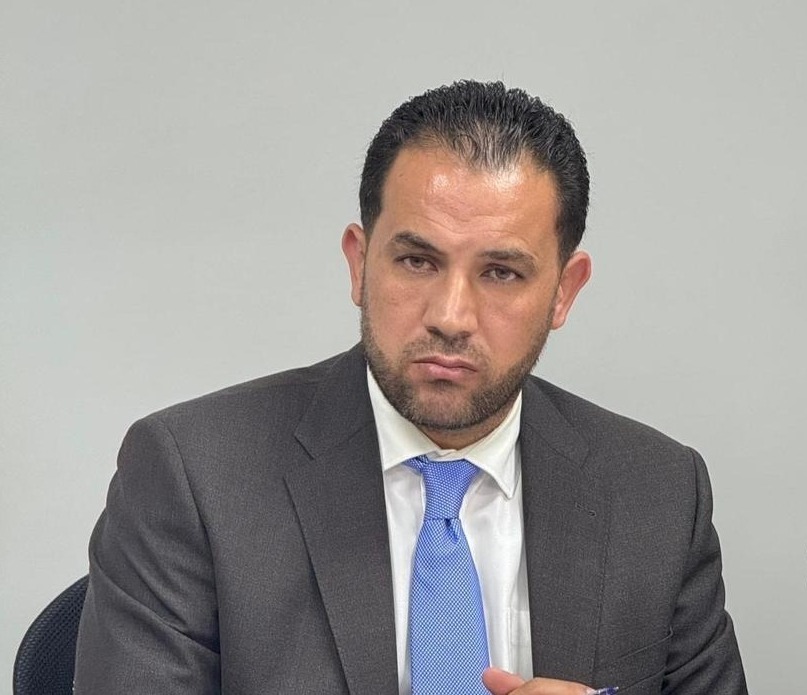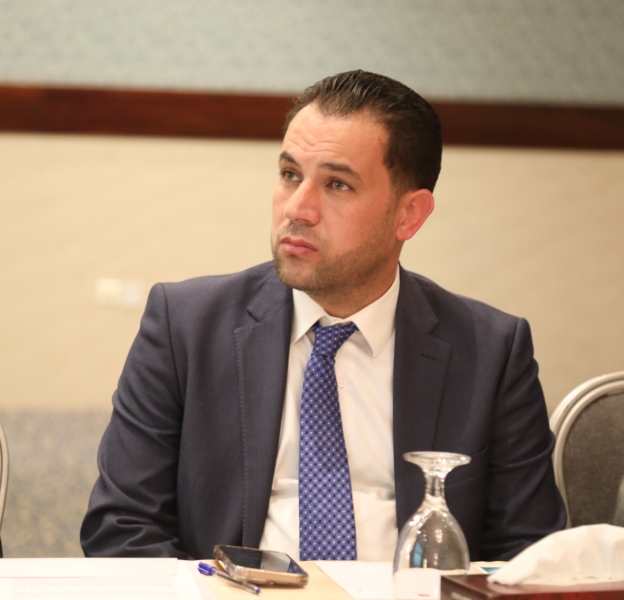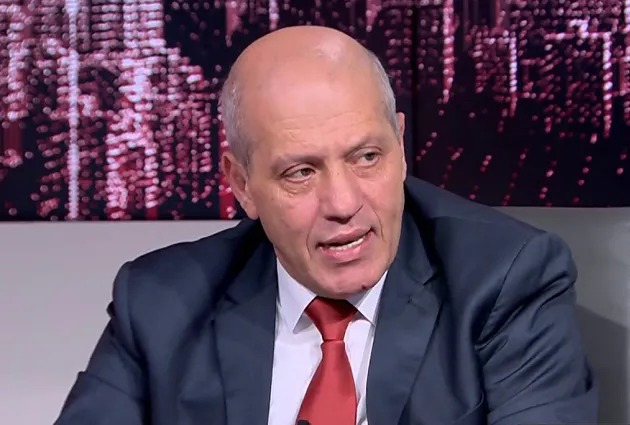Ghanimat writes: Each has his responsibility

Talal Ghoneimat: A New Political Milestone for Jordan
As the region grapples with overwhelming challenges that cast shadows over all nations, including Jordan, His Majesty King Abdullah II remains steadfast in his vision for political reform. Undeterred by skeptics and detractors, His Majesty has directed that elections proceed under a new law, one that establishes a framework for genuine and effective party participation in the political process.
After extensive discussions about the timing of the elections, their potential success, and even doubts about whether they would take place at all, the moment is now just days away. This constitutional, legal, and political milestone holds significant implications for Jordan as it charts a different course in its second centennial.
Reaching this stage demonstrates the seriousness of Jordan’s political leadership in taking a bold step toward a distinct political reality—one built on new foundations, tools, and frameworks. This effort also reflects the internal focus needed to navigate the turbulent regional context.
The process will undoubtedly move forward, providing valuable lessons and deeper insights into the psychology of the Jordanian voter and society, including its needs, aspirations, and enduring desire to participate. It will also highlight Jordanians' genuine interest in advancing their political lives—an unsurprising observation, given the high level of education and awareness among Jordanian citizens who consistently seek better opportunities.
A closer analysis of the current landscape reveals that the number of party-affiliated parliamentary seats is expected to exceed the 41 seats outlined in the election law. Early projections suggest that this figure will surpass expectations, marking an encouraging start to a new phase and the first steps toward a different political and party-based climate.
Surprisingly, despite the initial lukewarm sentiment toward the elections, studies, surveys, and research conducted by various institutions now indicate that voter turnout will likely exceed expectations and may even surpass participation rates in previous elections. This reflects the impact of the new law, the efforts of the Independent Election Commission (IEC), and the emergence of new political parties committed to the reform agenda initiated by His Majesty through the formation of the Royal Committee to Modernize the Political System.
The state has fulfilled its responsibilities, and the voter now must choose candidates, parties, and programs that align with their vision. This parliament will have the crucial role of legislating and overseeing governance for the next four years. Thus, voters must act responsibly, as abstaining from participation denies them the right to hold the parliament accountable. Voting today ensures a say tomorrow in evaluating the parliament’s performance. Conversely, non-participation leaves individuals complicit in the outcomes of the election process.
The IEC has taken rigorous steps to ensure transparency, introducing some of the most stringent standards in the state’s history. These measures include clear and transparent processes at every stage, from ballot casting to manual and electronic counting. Results will be announced progressively in real-time for the first time, dispelling any doubts about the integrity of the elections.
After the elections, the responsibility shifts to the elected parliamentarians. They will convene under exceptionally challenging circumstances, both domestically and internationally. This parliament will play a pivotal role during a sensitive period in Jordan’s history, and it must demonstrate strength, nationalism, and a programmatic focus dedicated to serving citizens and protecting the nation.
Jordan is taking a significant step toward a different political reality—one defined by a new political climate and healthier party dynamics. These elections represent the start of a journey, laying the groundwork for a transformation that will take shape over the next decade. Despite any concerns or critiques surrounding the process, the success of this election will establish a precedent for a different political trajectory.
This critical juncture serves as a test for all involved: the IEC, voters, candidates, local lists, and political parties. Civil society organizations also bear a responsibility to monitor, mobilize, and encourage participation, with only a few days remaining until election day. All stakeholders must work together to ensure the success of this endeavor, creating a foundation for strong political, party-based systems over the next decade.
Ultimately, success breeds success, while failure steers the nation away from the aspirations of Jordan, its King, its people, and its society. Let us head to the ballot boxes and cast our votes today, so we can hold our parliament accountable tomorrow.






